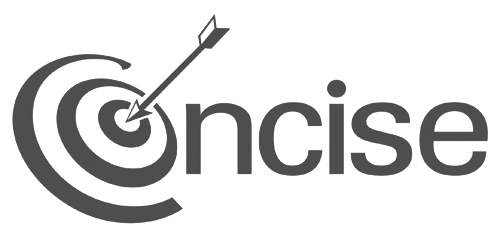White House Press Secretary Kayleigh McEnany Positive For COVID-19

White House communications director Alyssa Farah indicated earlier Sunday that the White House would soon disclose the number of infections within its ranks. That was promising, given some of the infections — including the first one we found out about, Hope Hicks — have only come to light thanks to reporters digging into the situation.
But then White House press secretary Kayleigh McEnany pulled an about-face. She said the White House was not, in fact, providing such information, because of “privacy concerns”:
Q: Alyssa said you were planning to put out the number of staffers infected with covid-19. Do you know the number?MCENANY: No, there are privacy concerns we take very seriously safeguarding the information of the personnel here in the White House. So that’s basically where we stand right now.
Here’s the thing, though: Stating a raw number wouldn’t in any way jeopardize the health privacy of White House staff, because it wouldn’t include any details about who had come down with it. And beyond that, health law experts said there is no legal reason to avoid disclosing such a number.
“If they said 12 people tested positive, there’s no way that you or anyone else could figure out who those 12 people are,” said Kirk Nahra, a privacy expert at the law firm WilmerHale. “So there’s no privacy issue in that. Privacy rules are generally about personally identifiable information.”
Nahra noted that local officials and even some companies have at some points in the coronavirus outbreak offered a similar justifications for not releasing raw numbers, often citing the Health Insurance Portability and Accountability Act (HIPAA) as something of a “shield.” But he said that unless releasing the raw number made clear who had it — such as if they said everyone in a particular department had tested positive — there is no legal issue.
What’s more, HIPAA rules don’t apply to employers; they only apply to information that flows through hospitals, doctors and health insurers.
“Raw numbers don’t trigger any privacy laws that I can think of, period,” Nahra said.
Nicolas Terry, a health privacy expert at the Indiana University law school, agreed, saying neither HIPAA nor the federal Privacy Act prevents such a disclosure.
“Neither should be a barrier for the White to release the number of aides,” Terry said. “The only caveat I would raise is if there are a very small number of aides whose identity is known when releasing the number would be tantamount to identifying them. That doesn’t seem to be the case here. So, I would suggest citing privacy concerns is likely pretextual.”
Nahra said there may be valid privacy concerns when it comes to how much disclosure someone like White House physician Sean Conley can provide about Trump’s health, given the doctor-patient relationship. But when it comes to raw numbers, it’s “just made up.”
It also bears noting that the U.S. government, via the Centers for Disease Control and Prevention, already provides raw numbers of Americans who have been infected in the population at large and in individual states. The scale there is certainly much larger than the White House, but there’s a similar principle at play: You’re only disclosing the number of people within a larger universe who have tested positive.
In other words, it’s the latest example of the White House clamming up using dubious justifications. Conley said Sunday that his rosy review of Trump’s health on Saturday was meant to be “upbeat” and suggested he initially declined to disclose that Trump had been on supplemental oxygen because “that might steer the course of illness in another direction.”
At least Conley was willing to admit he was being misleading, rather than making up a nonexistent concern about privacy.
Washington Post






